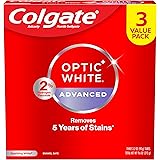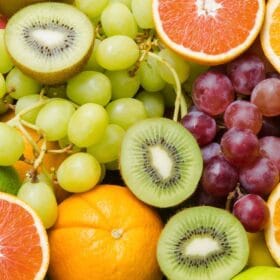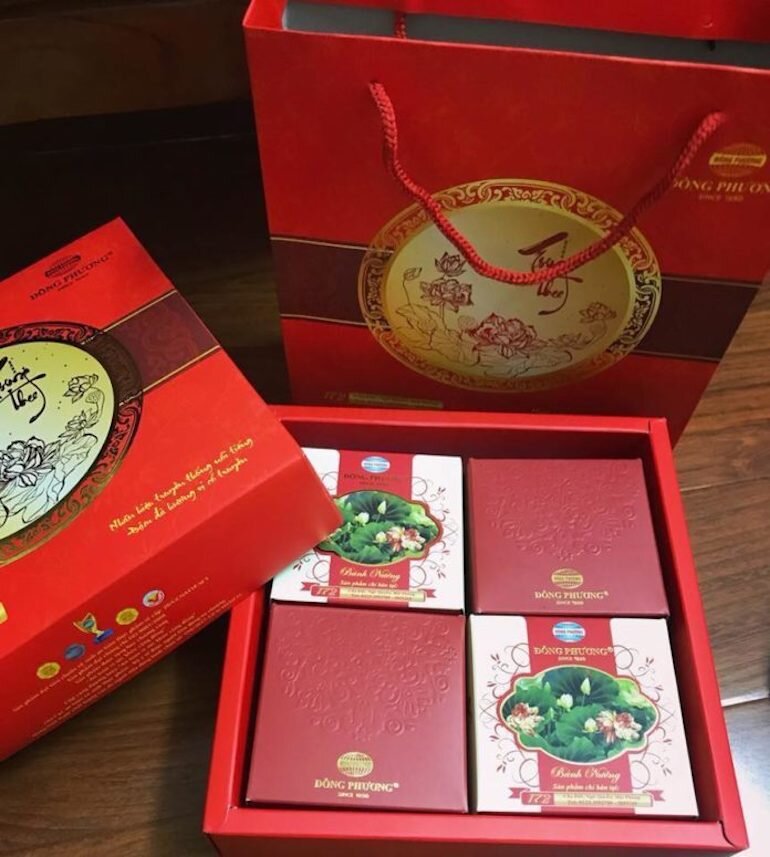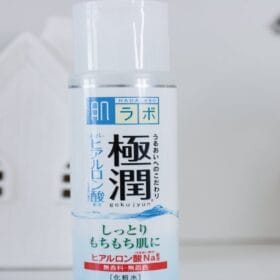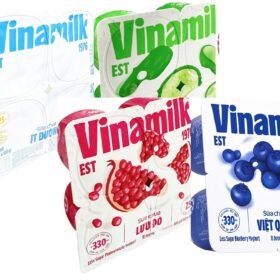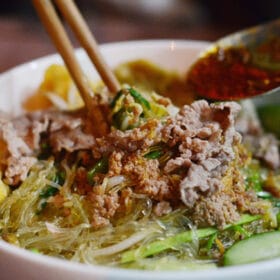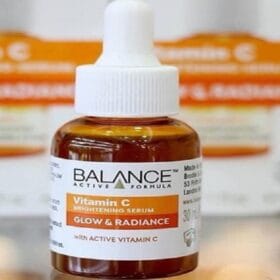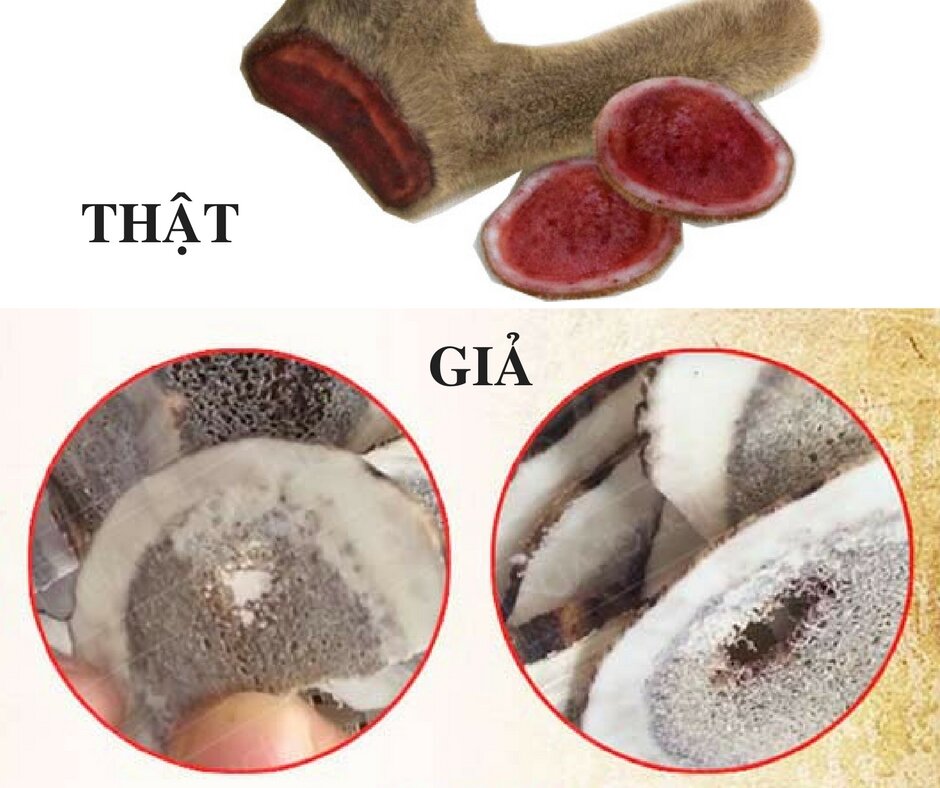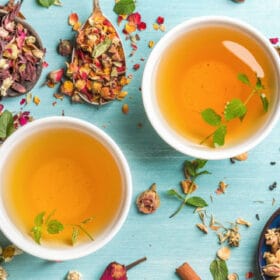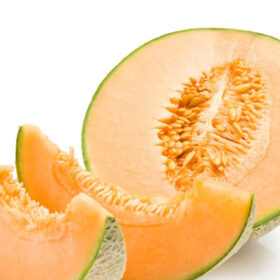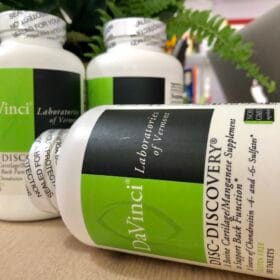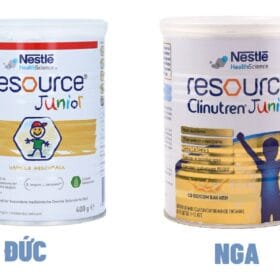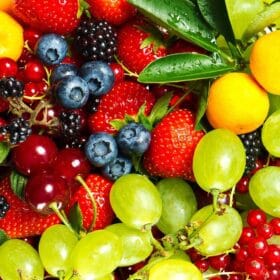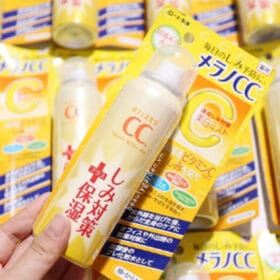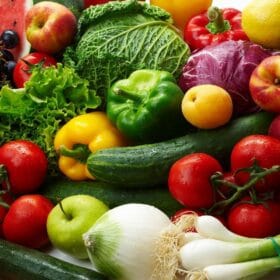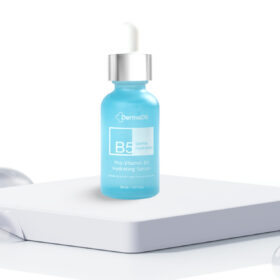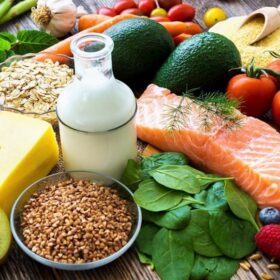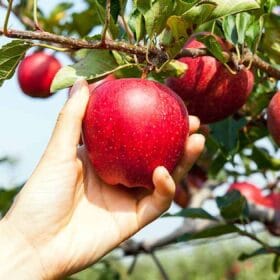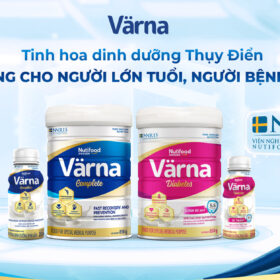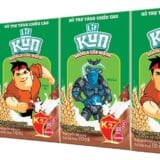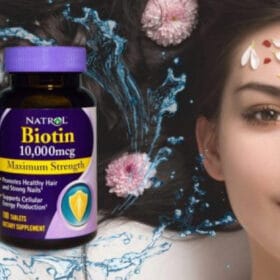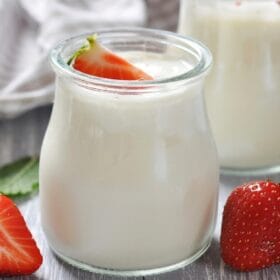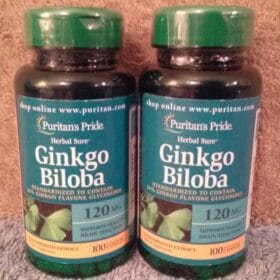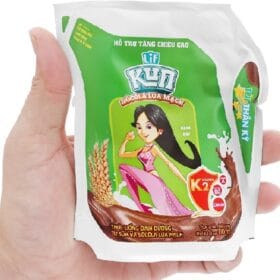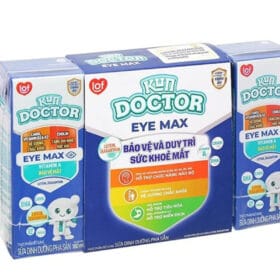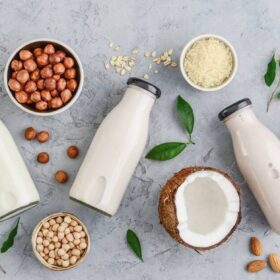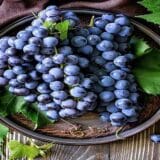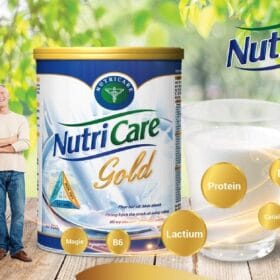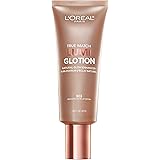The foods below are not only popular in the fall but are also very rich in nutritional value.
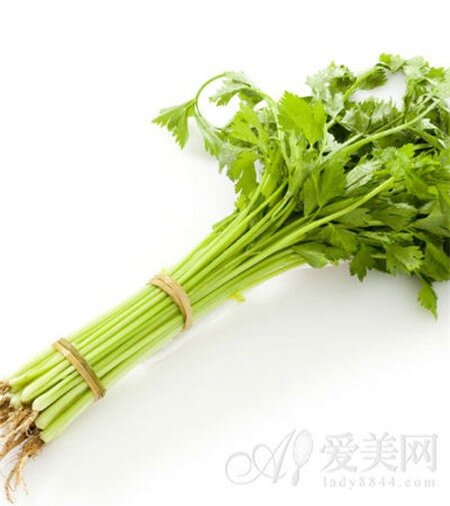
ForPro Professional Collection Premium Hand Mirror with Handle, 6.3" W x 9.6" L, Multi-Purpose Handheld Mirror with Distortion-Free Reflection, Black
$4.99 (as of January 26, 2025 18:39 GMT +00:00 - More infoProduct prices and availability are accurate as of the date/time indicated and are subject to change. Any price and availability information displayed on [relevant Amazon Site(s), as applicable] at the time of purchase will apply to the purchase of this product.)EARTHLITE Disposable Face Cradle Covers – Medical-Grade, Ultra Soft, Luxurious, Non-Sticking Massage Headrest Covers for Massage Tables & Massage Chairs
$16.99 (as of January 26, 2025 18:39 GMT +00:00 - More infoProduct prices and availability are accurate as of the date/time indicated and are subject to change. Any price and availability information displayed on [relevant Amazon Site(s), as applicable] at the time of purchase will apply to the purchase of this product.)Hair Steamer for Natural Hair Home Use w/10-level Heats Up Quickly, Heat Cap for Deep Conditioning - Thermal Heat Cap for Black Hair, Great for Deep Conditioner (Black)
$29.95 (as of January 26, 2025 18:39 GMT +00:00 - More infoProduct prices and availability are accurate as of the date/time indicated and are subject to change. Any price and availability information displayed on [relevant Amazon Site(s), as applicable] at the time of purchase will apply to the purchase of this product.)Sifolo 30x Magnifying Mirror, Travel Hand Mirrors with Handle - Double Side Handheld Mirror with 1X 30X Magnification & Adjustable Handle/Stand, Hand Held Foldable Travel Mirror for Makeup(Black)
$9.99 (as of January 26, 2025 18:39 GMT +00:00 - More infoProduct prices and availability are accurate as of the date/time indicated and are subject to change. Any price and availability information displayed on [relevant Amazon Site(s), as applicable] at the time of purchase will apply to the purchase of this product.)B Beauty Planet 30X Magnifying Mirror for Travel with Handle, Double-Sided 1X/30X Magnification Hand Mirror for Makeup
$9.99 (as of January 26, 2025 18:39 GMT +00:00 - More infoProduct prices and availability are accurate as of the date/time indicated and are subject to change. Any price and availability information displayed on [relevant Amazon Site(s), as applicable] at the time of purchase will apply to the purchase of this product.)BestMassage Massage Table Portable Massage Bed Lash Bed 28 in Wide Spa Bed Hight Adjustable 2 Fold Spa Bed Facial Cradle Salon Bed with Non-Woven Bag for Spa Footmassage Facial CareSpa Tattoo
$84.99 (as of January 26, 2025 18:39 GMT +00:00 - More infoProduct prices and availability are accurate as of the date/time indicated and are subject to change. Any price and availability information displayed on [relevant Amazon Site(s), as applicable] at the time of purchase will apply to the purchase of this product.)PROTECLE Large Hand Mirror, Salon Barber Hairdressing Handheld Mirror with Handle (Square Black 10.3"x7.4")
$7.99 (as of January 26, 2025 18:39 GMT +00:00 - More infoProduct prices and availability are accurate as of the date/time indicated and are subject to change. Any price and availability information displayed on [relevant Amazon Site(s), as applicable] at the time of purchase will apply to the purchase of this product.)FLYHIT Large Towel Warmer for Bathroom - Heated Towel Warmers Bucket, Wood Handle, Auto Shut Off, Fits Up to Two 40"X70" Oversized Towels, Bathrobes, Blankets, Best Ideal for Mother's Gifts
$99.97 (as of January 26, 2025 18:39 GMT +00:00 - More infoProduct prices and availability are accurate as of the date/time indicated and are subject to change. Any price and availability information displayed on [relevant Amazon Site(s), as applicable] at the time of purchase will apply to the purchase of this product.)NuDerma Professional Skin Therapy Wand - Portable Skin Therapy Machine with 6 Neon & Argon Wands – Boost Your Skin – Clear Firm & Tighten
$99.95 (as of January 26, 2025 18:39 GMT +00:00 - More infoProduct prices and availability are accurate as of the date/time indicated and are subject to change. Any price and availability information displayed on [relevant Amazon Site(s), as applicable] at the time of purchase will apply to the purchase of this product.)BEFUI Extra Large Handheld Mirror,Hand Salon Mirror with Handle for Barbers, Hairdressing (Black,12.4" Lx 9" W)
$6.49 (as of January 26, 2025 18:39 GMT +00:00 - More infoProduct prices and availability are accurate as of the date/time indicated and are subject to change. Any price and availability information displayed on [relevant Amazon Site(s), as applicable] at the time of purchase will apply to the purchase of this product.)1.Celery – Cinnamon, antidote
Celery contains useful ingredients beyond your imagination, including Folic Acid, Vitamin K, Vitamin C…
When eating celery, you should not throw away the leaves, because 100g of celery stem contains 1.2 grams of fiber, but celery leaves contain 2.2 grams. Furthermore, the nutritional content such as vitamin C, magnesium, and se-lenium in celery leaves is also much higher than in celery stems.
Expert advice:Celery is a bit difficult to digest, so people with gastrointestinal diseases should eat less or chew thoroughly when eating.
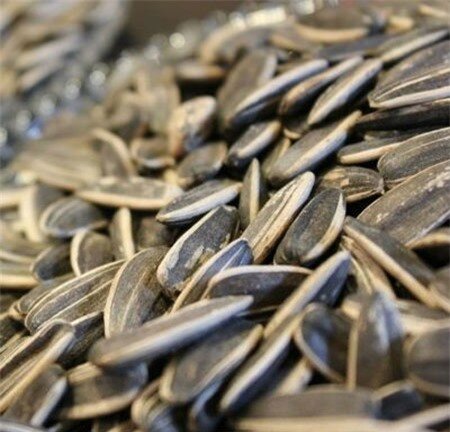
2. Sunflower seeds – Reduces constipation
Chestnuts are a healthy snack that has been recognized by nutrition scholars and health experts, but don’t forget that there is a type of nut whose nutrition is equivalent to the nutrition found in chestnuts. which is common and very cheap – that is sunflower seeds.
Sunflower seeds are an extremely important source of vitamin E, a handful of sunflowers can provide 90% of the body’s vitamin E needs.
In addition, sunflower seeds also contain some important minerals such as manganese, magnesium, selenium…
But what needs to be noted is that sunflower seeds have gone through the drying process when processed. Eating too much can cause heat. People with sore throat or oral cavity should not eat them. Next, to make the product have an attractive aroma, when processing, people add flavorings such as five spice, butter, mint… Eating too much of these products will affect your health.
Expert advice: Choose whole sunflower seeds. In addition, sunflower seeds contain oil and fiber so they can be a laxative, so people who have diarrhea should not eat them.
3. Melon – Hot pepper, lowers blood pressure
Watermelon is cheap and is a very good refreshing fruit. Watermelon contains many nutritional ingredients such as beta-carotene, vitamin C, potassium, lycopene – antioxidant, anti-cancer… In addition, watermelon is the best source of natural citrulline, to a certain extent. It can prevent atherosclerosis and can also lower blood pressure.
Expert advice: When eating watermelon, you must know how to control the amount you eat. Because watermelon is eaten raw and cold, eating too much can damage the spleen. People with poor digestive function should eat less, especially when kept in the refrigerator, which can lead to bloating and diarrhea. loss of appetite.
Furthermore, watermelon is quite high in sugar, so people with diabetes should limit their intake. In addition, it is best to keep watermelon in the refrigerator for no more than 12 hours, otherwise bacteria can easily form.

4. Shrimp – Protects the heart
Many people think that shrimp contains cholesterol so they do not dare to eat much of it. In fact, the cholesterol in this food has a negligible effect on blood cholesterol. The lipid content in shrimp is very low, the protein content is very high, and shrimp is also a source of vitamin B12 and heart-protective omega-3.
Expert advice: Shrimp contains a lot of protein and is not easy to store, so it should be kept in the refrigerator for no more than 2 days. Next, because shrimp can be infected with bacteria and parasites, it needs to be boiled before eating.
Finally, people with allergies should not eat shrimp. Normal people eat no more than 2 ounces of shrimp at a time.
5. Lettuce – Stops bleeding
Dark leafy greens may be packed with nutrients, but that doesn’t mean lettuce is nutritionally void. Only 230 grams of lettuce can provide 20% of the body’s daily requirement of vitamin K.
There are many types of lettuce, but the most common are the unrolled long leaves and the rolled short leaves. The long leaves are often used in salads or eaten raw, while the short leaves can be used for stir-frying.
Expert advice: Before eating, be sure to wash each leaf under running water. People with certain intestinal diseases should not eat raw food to avoid poor digestion.
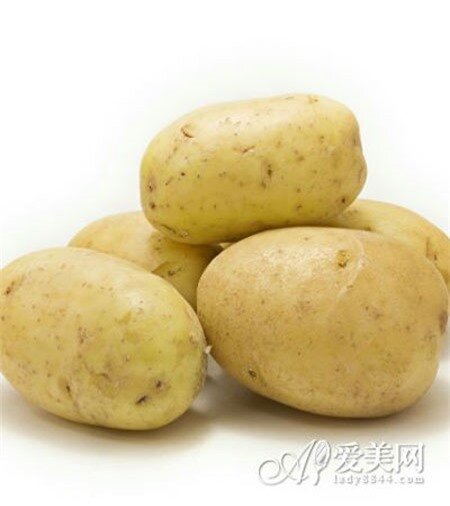
6. Potatoes – Protects the heart, reduces blood pressure
Analyzing from a nutritional perspective, sweet potatoes contain low fat, low heat, rich nutrition, and contain many types of antioxidants.
Potassium in potatoes is very good for lowering blood pressure. In addition, potatoes are good for heart health. Furthermore, just cooking properly will not make you fat.
Potatoes are healthy tubers that most people can eat because they contain high starch content, so they can replace main foods. There are many ways to cook potatoes, you can stir-fry, steam, boil, stew…
Expert advice: Potatoes should not be fried in fat. During the frying process, not only are nutrients lost but carcinogens are also produced.
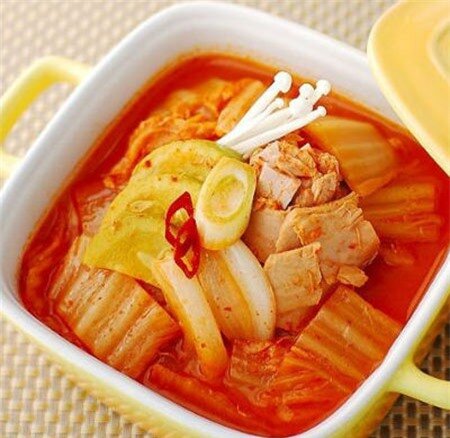
7. Kimchi – Contains probiotic bacteria
Pickles like kimchi contain unique probiotic bacteria, which can help maintain intestinal bacterial balance. These healthy microorganisms are beneficial for digestion and nutrient absorption.
Without probiotics, our gut health worsens, eventually leading to chronic disease, especially obesity and allergies.
Expert advice: You should not eat pickles or kimchi within 2-3 days of being soaked, because at this time the Nitrite content in them is very high, which can increase the risk of stomach cancer and bowel cancer.
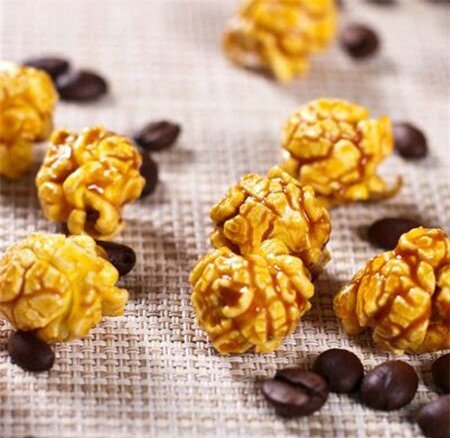
8. Burnt rice – Anti-aging
Homemade popcorn is a healthy snack. Rice flakes contain more antioxidants than fruits and vegetables.
Fried rice without added butter has low fat content and high fiber. 900 grams of rice flakes contain 5 grams of fiber, making them a recommended snack.

9. Mushrooms – Prevent cancer, fight cancer
Mushrooms are the only green vegetable source of Vitamin D. Many compounds in mushrooms are recognized as having the ability to enhance immunity and support cancer resistance.
Different types of mushrooms also have different health protection effects, such as shiitake mushrooms can prevent cancer, enoki mushrooms promote brain development, monkey head mushrooms support digestion… Therefore, when eating mushrooms, you should regularly change the type.
According to dantri





